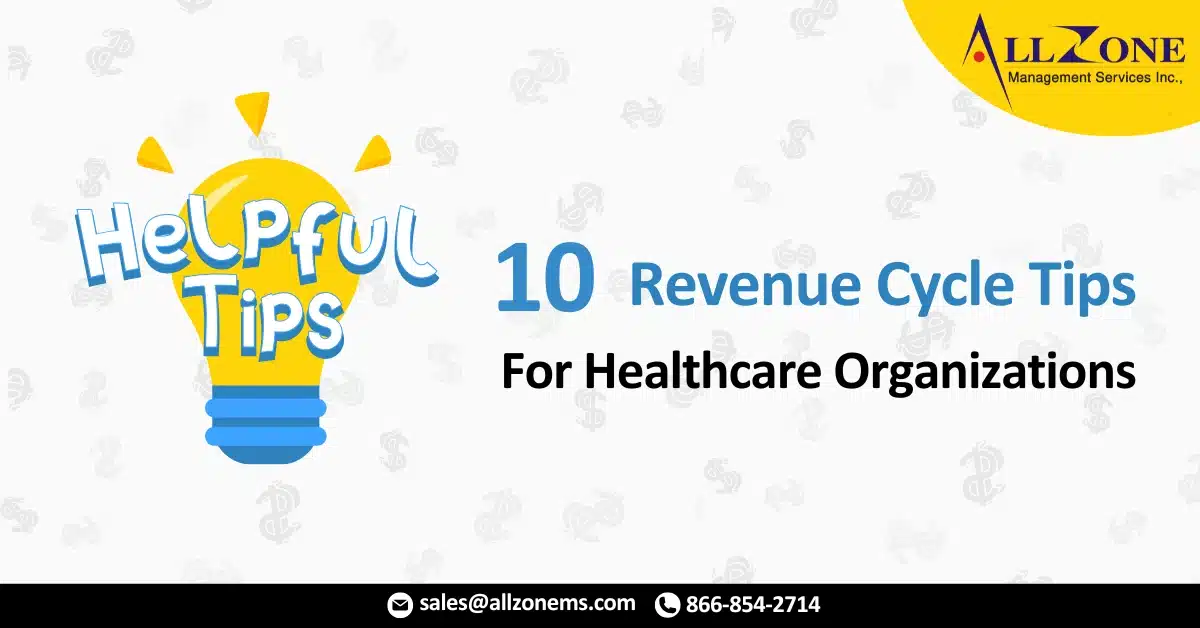As patients take on more out-of-pocket costs, and patient satisfaction continues to influence the financial health of hospitals, revenue cycle management has become increasingly important to organizations. Amid these and other changes, many revenue cycle professionals have offered thought-provoking insights. Here are 10 RCM tips from industry experts: 1. “To make sure that your organization […]
Revenue cycle management refers to the business side of your practice—from verifying patient insurance eligibility to submitting claims to receive health plan payments and billing patients for their share of service costs. Although patient care will always be your top passion and priority, an efficient revenue management system is critical for your practice’s financial health […]


